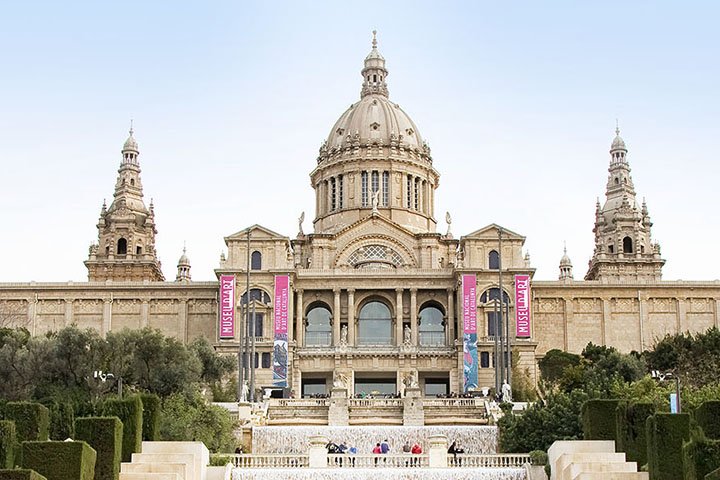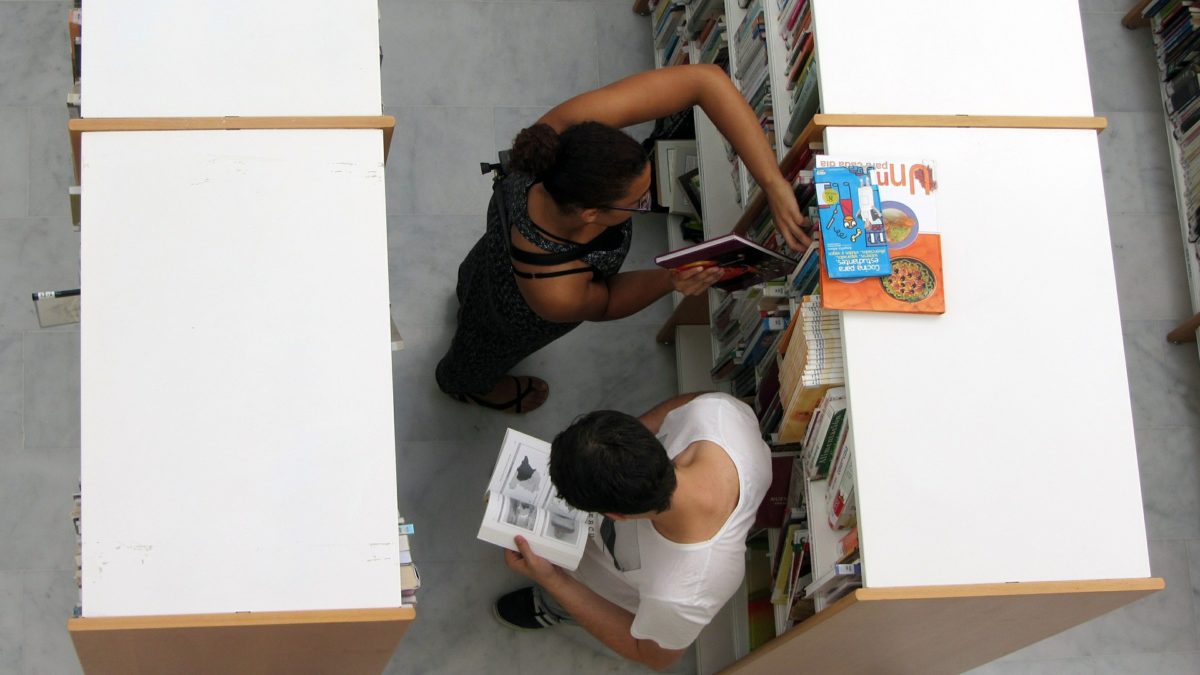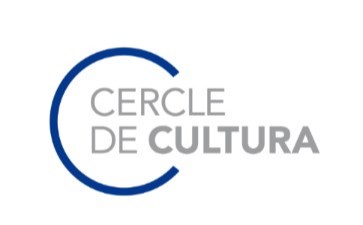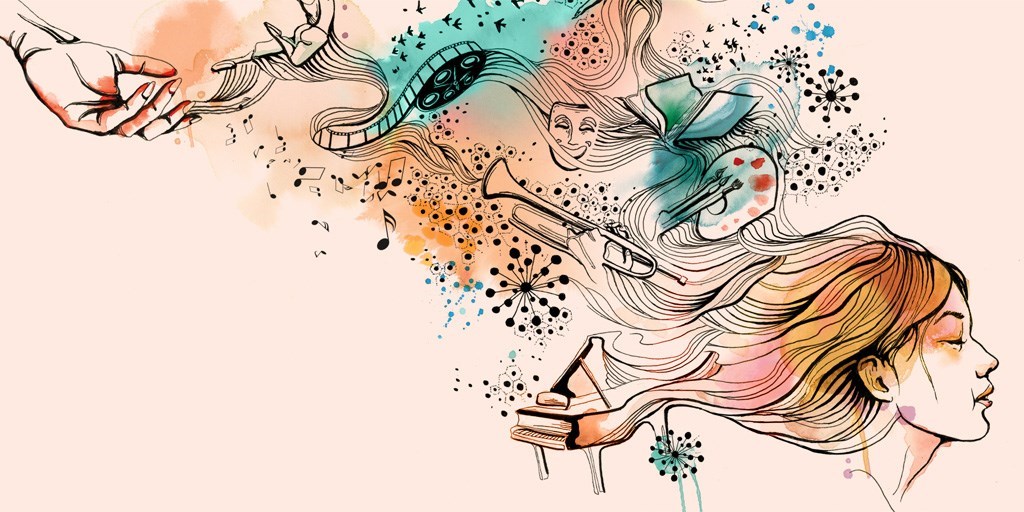Jordi Pardo is the new president of the Cercle de Cultura, replacing the hitherto president Segimon Borràs, who ends his term at the head of the entity. Pardo, who served as vice president in the previous Board, headed the only candidacy that had been presented.
Jordi Pardo has a degree in Geography and History, UB; FGAP and EMPA by ESADE, and cultural manager. Since September 2013 he has been the general director of the Pau Casals Foundation. He has directed and advised projects of culture, development and urban regeneration in different countries of Europe, America and Asia. He has been director of the Barcelona Design Museum Project, manager of the CCCB, and director of the Empúries Archaeological Park. He has been a member of the UNESCO expert group (2011-2015), and of the European Commission’s Cultural Capitals of Europe jury (2011-2016).
The new board is made up of the vice-presidents Eva Faustino, Jordi González Moltó and Segimon Borràs, Agustín Fructuoso who continues as Treasurer / Secretary, and the members who were already part of the previous Board, Laura Bertran, Montserrat Bou, Belén Latorre, Esteve León , Alfons Martinell, Marta Puigderrajols, Fèlix Riera, M. Ángeles Torras and Ferran Audí. And Jordi Montaña, Miguel Ángel Barrabés, Mireia Mayolas, Pau Carrió and Carmen Fenoll join.
The outgoing president has highly valued his four years at the helm of the Cercle de Cultura, which he has defined as “a place for reflection and cross-sectional exchange of ideas, both from an ideological and sectoral point of view, especially in the relationship between economy and culture. , highlighting everything that culture contributes to the economy “. During his mandate, the Culture 2020 Forum has been promoted, coordinated by Jordi Pardo, the relationship with the Cercle de Economia has been maintained and an Action and Governance Plan has been drawn up, on the organization and participation of the entity’s partners .
The new president has shown his satisfaction and enthusiasm to continue working in a plural, independent and diverse space, which can help improve and raise awareness of the various sectors of culture. Pardo thanked Segimon Borràs and the entire board for their trust and the task of joining forces, and wanted to highlight the fact that during the last year of his mandate he had to face a situation as difficult as the pandemic. Regarding the objectives of the new mandate, Pardo sets himself as a challenge to join forces, connect the Cercle with other initiatives with which they share objectives, and strengthen the role of the Cercle in the debate on governance and public and private management of culture and culture. in relation to the economy.
Objectives of the new board of directors
In this sense, during the Assembly, the new Board has developed these objectives of the mandate, ensuring the will to work to make visible the task and the stable programming of the Cercle de Cultura, thinking of its partners and of all the sectors of the culture, in order to become a plural and independent space that represents artists, creators, mediators, professionals and representatives of the private business sector, professionals from the public sector and community work and the third sector.
It has also been set as a challenge of this new stage to strengthen ties and cooperation with the Cercle de Economía, with various initiatives, and especially with the organization every two years of the Congress of Culture and Economy, and place the Cercle as a meeting point with other similar institutions of the Spanish State and the European Union, open to international initiatives and especially from the Ibero-American sphere.
Likewise, the new Board of the Cercle has announced that the main elements of the new programming, framed in the Strategic Plan drawn up in 2020, should be the launching of the Cultural Barometer, the organization of the “Culture and Economy” conferences, of a nature biannual and in collaboration with the Cercle de Economía and other institutions, as well as promoting conferences and round tables on topics of high interest in the field of governance of large infrastructures and cultural projects, legislation on patronage, sponsorship and social participation, the analysis of culture in its metropolitan dimension, as well as to host specific debates focused on cultural policies during the electoral period, and all those that are of general interest to the cultural sectors.
The will to review the objectives and priorities collected throughout the participatory process of the Culture Forum 2020 has also been announced, as well as the establishment of a priority agenda to establish a dialogue and follow-up with those responsible for the competent public institutions with matters of culture. , and with organizations and companies related to culture, creative economy and associated sectors such as tourism, education, and the audiovisual industry or territorial development.
In the news presented at the Extraordinary Assembly held today, the Cercle has presented the new head of Communication, the journalist Joan Safont, who from today will be in charge, among other functions, of putting into practice the lines of communication established in the Communication Plan of the entity.





